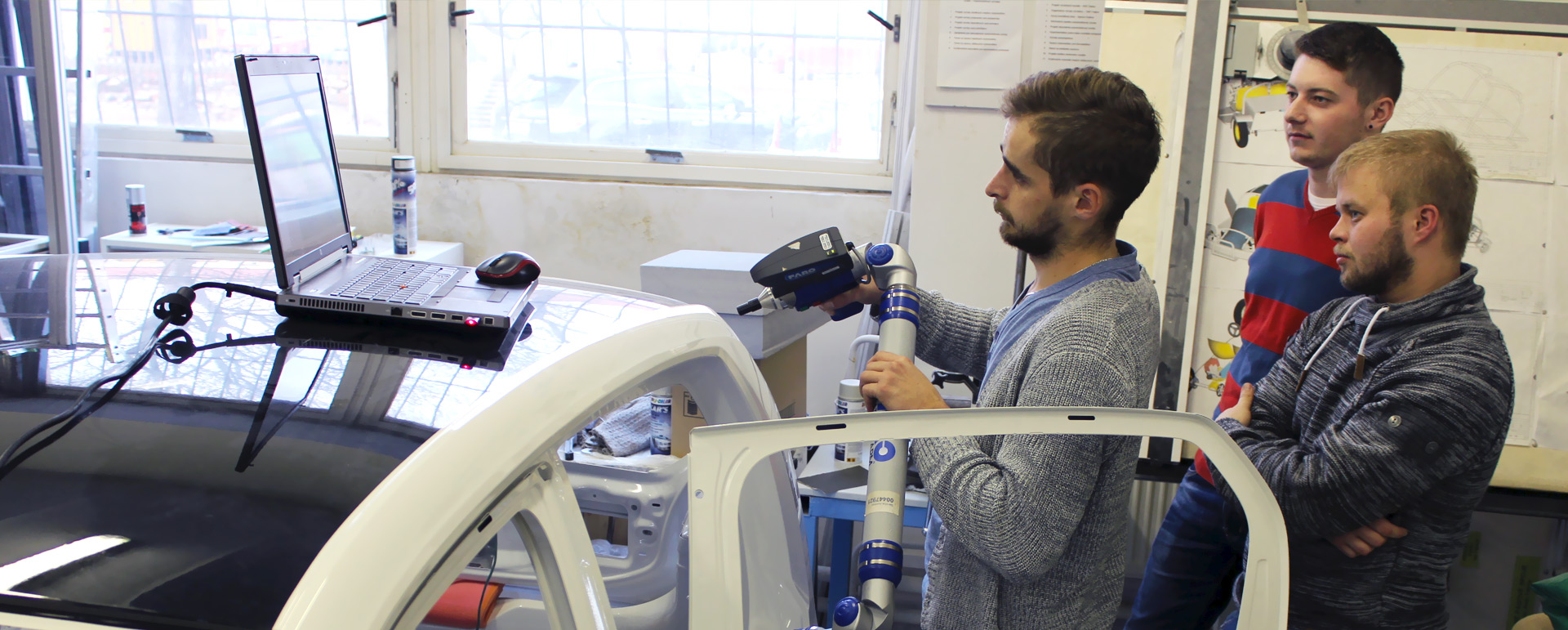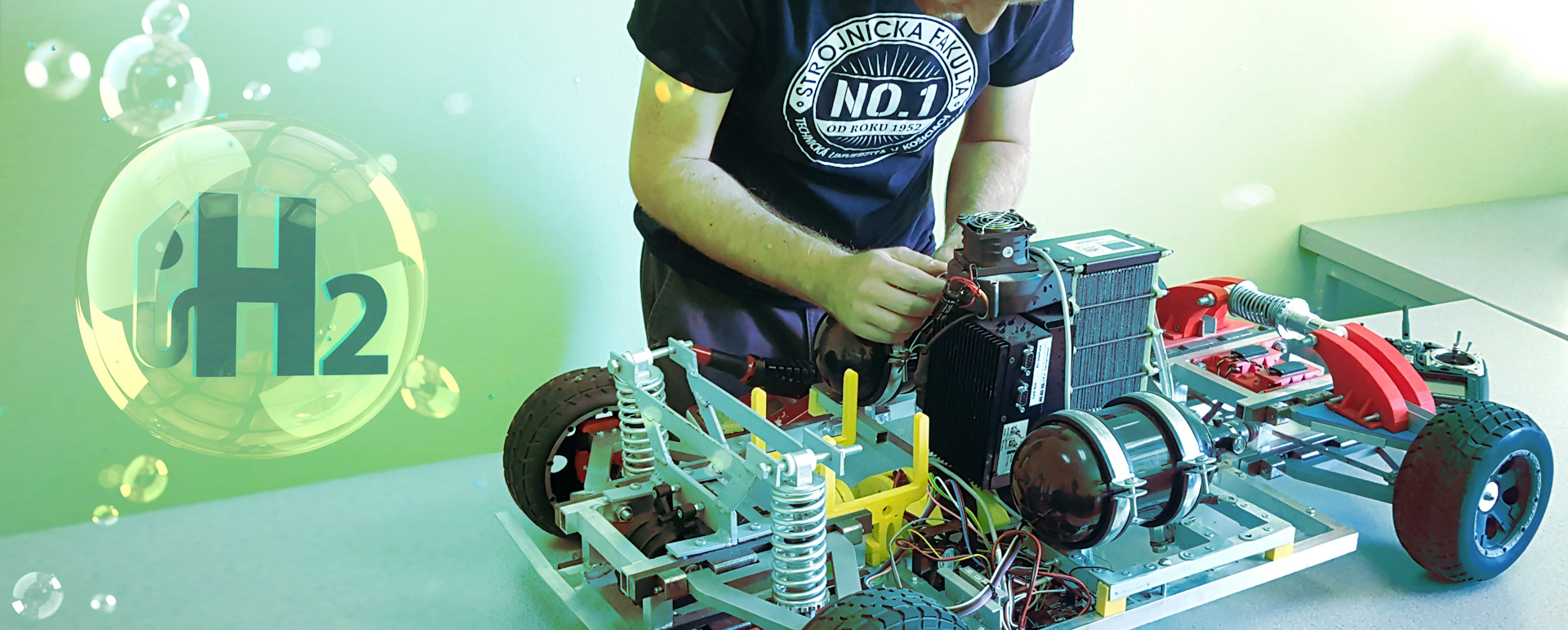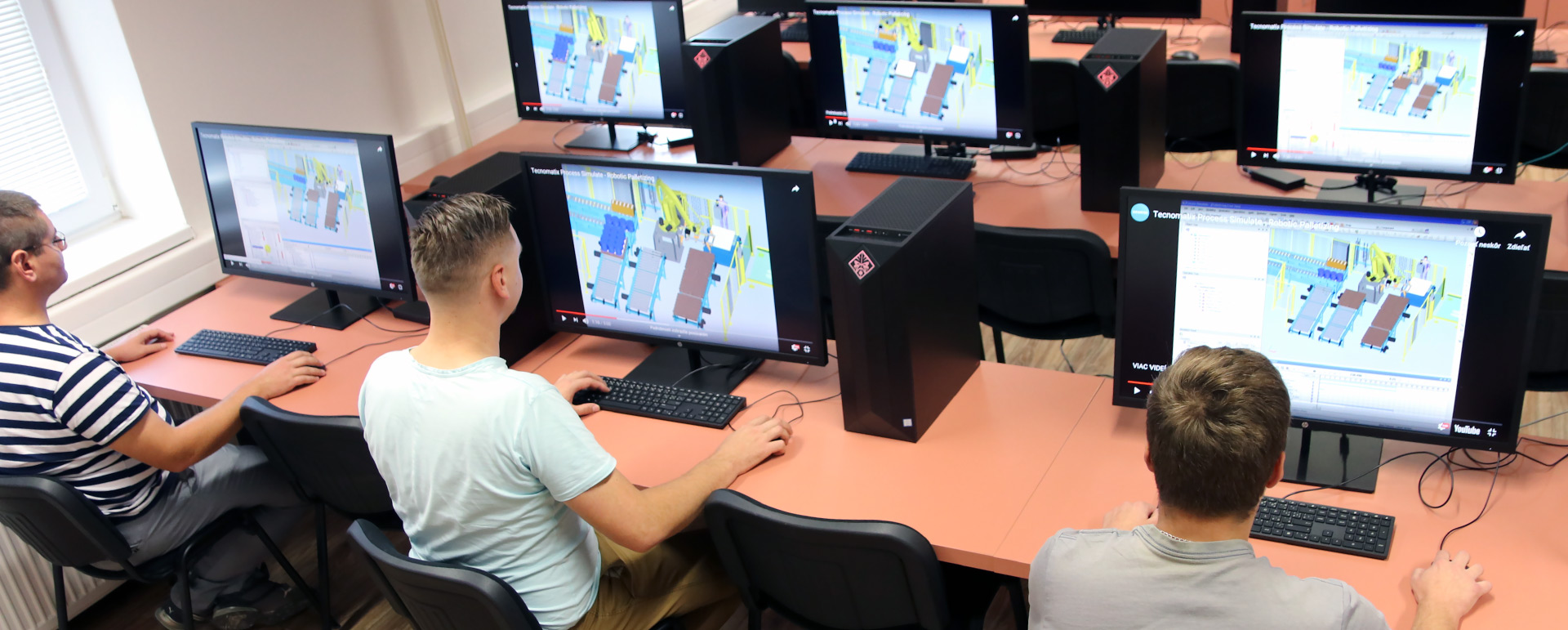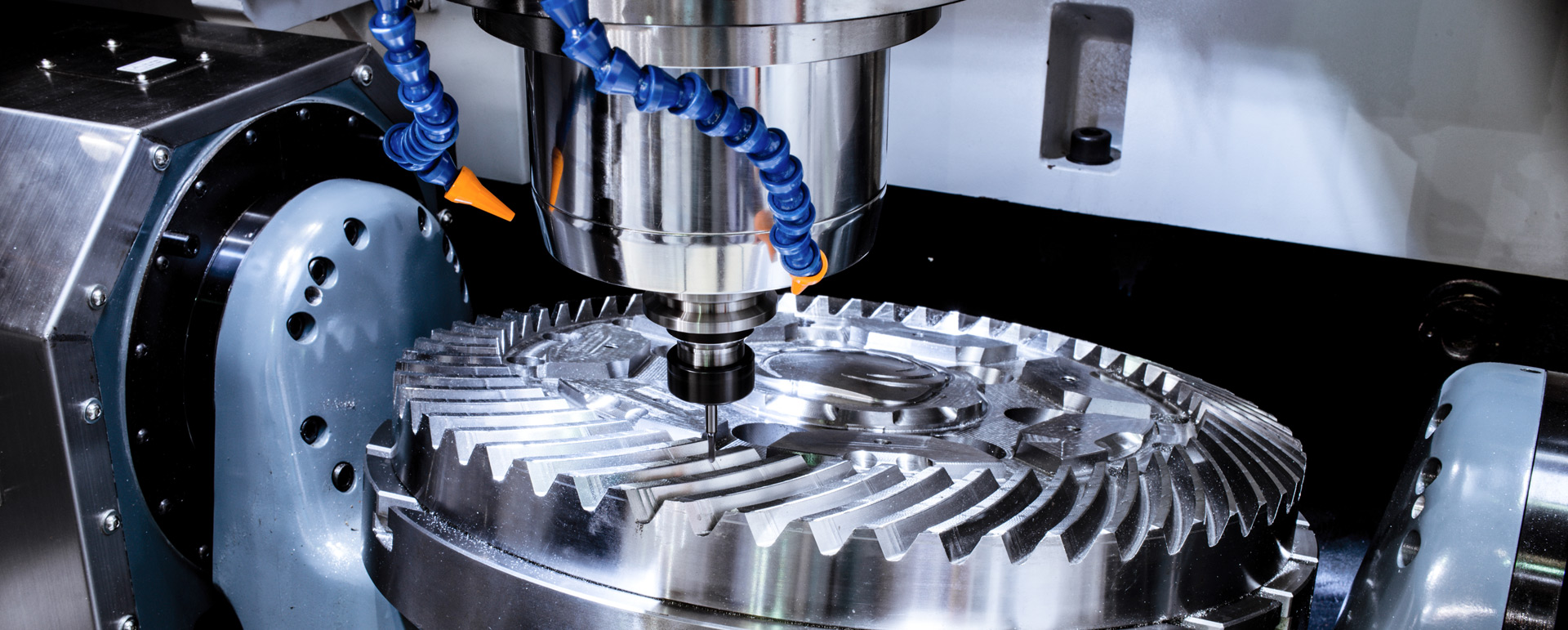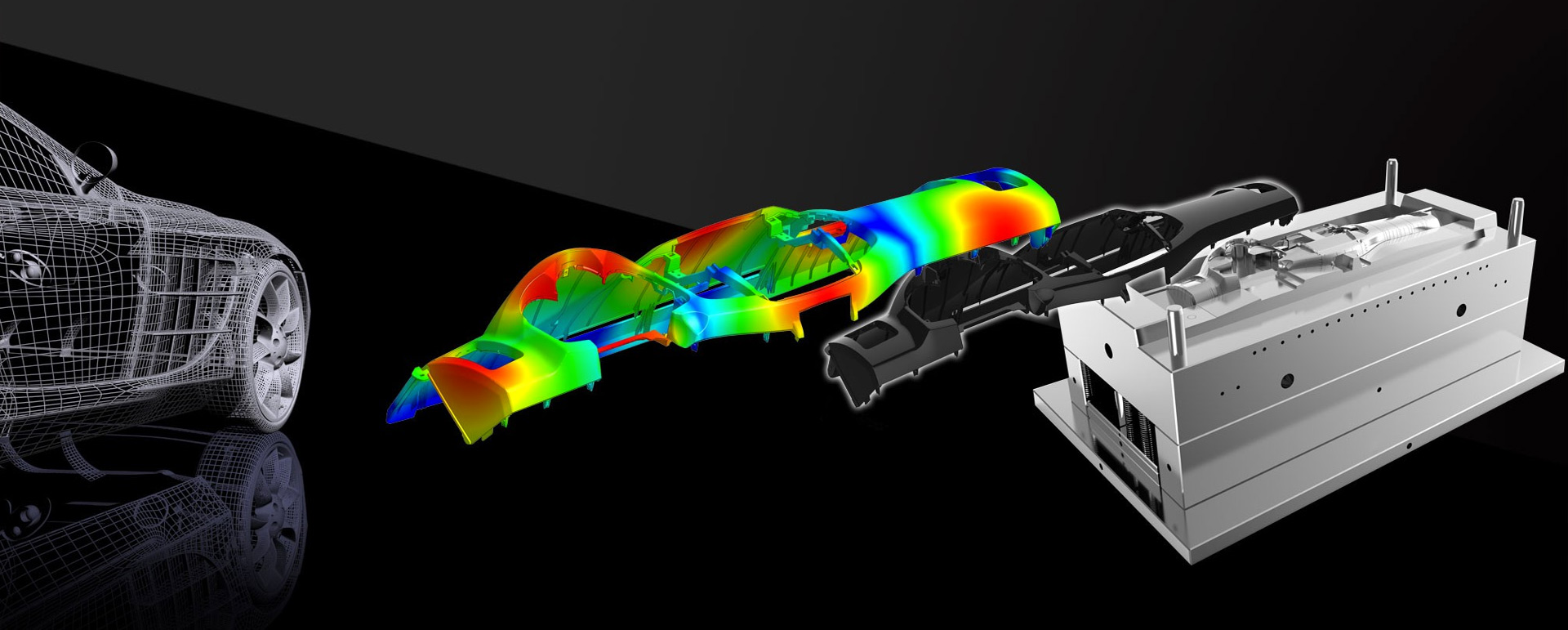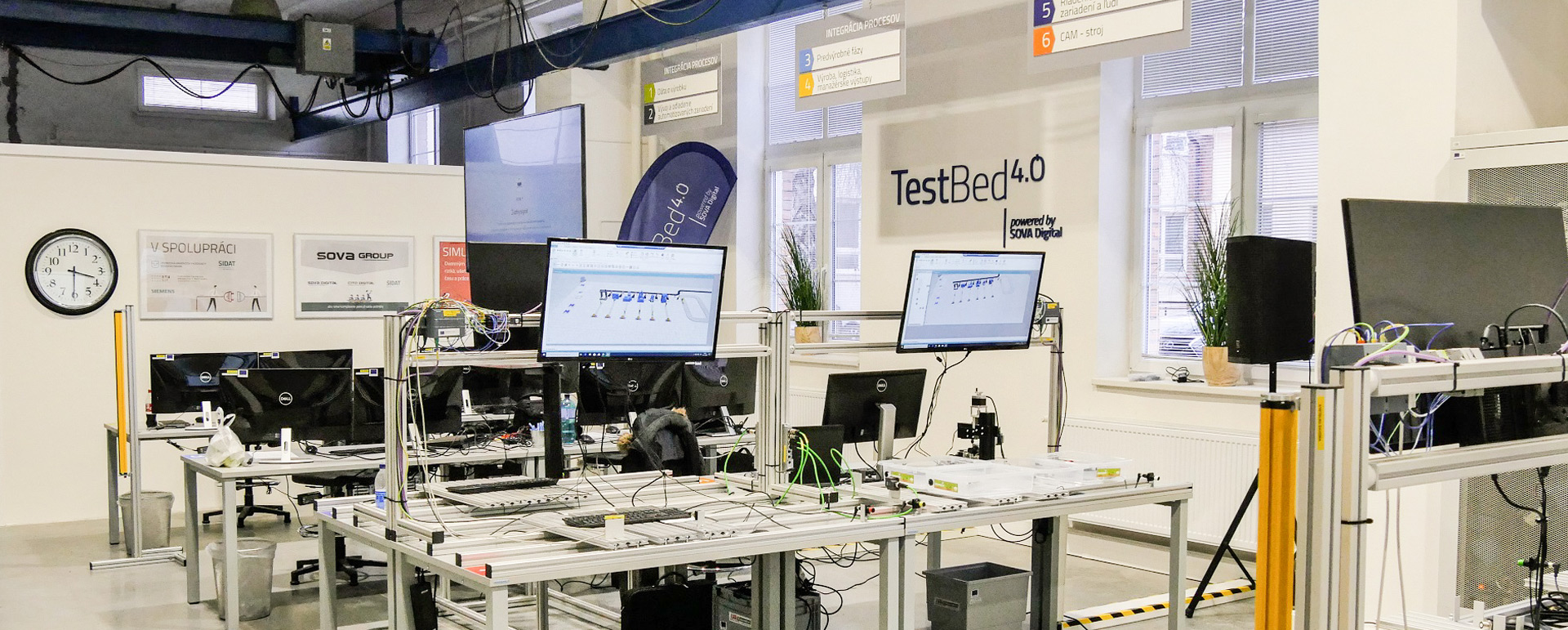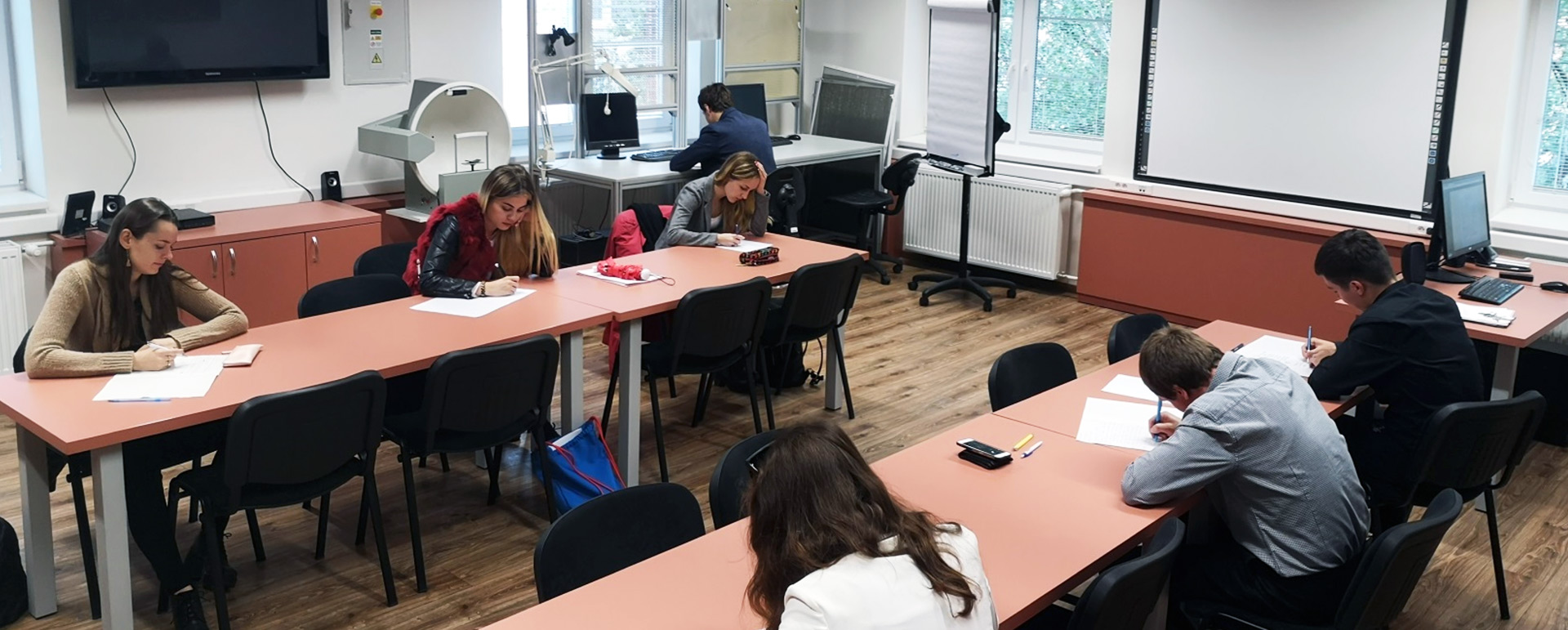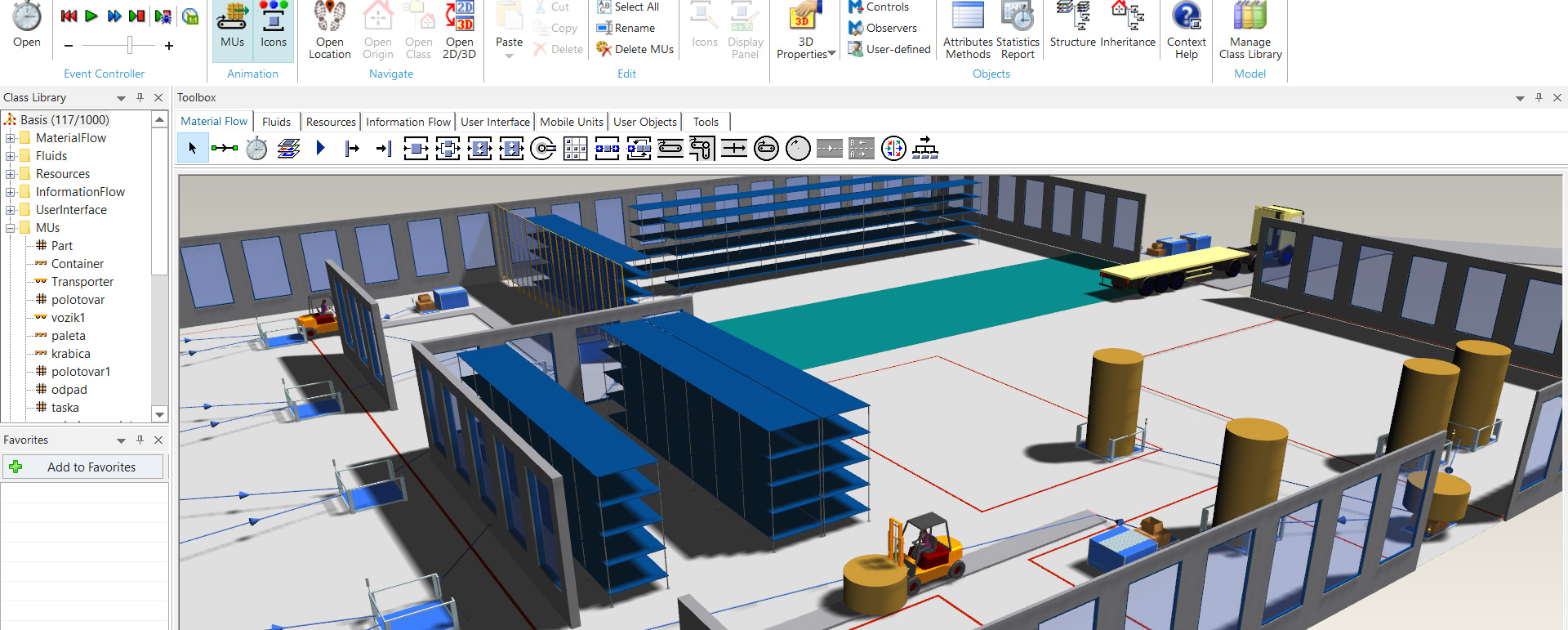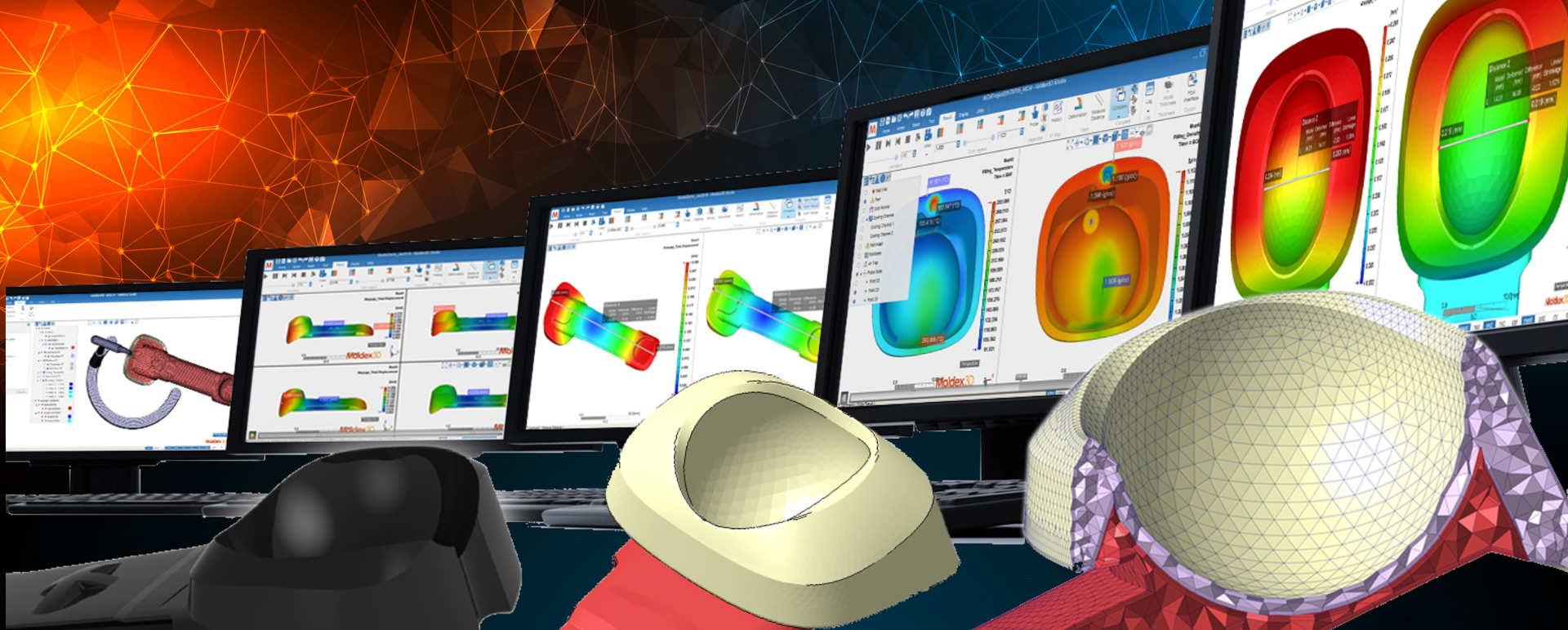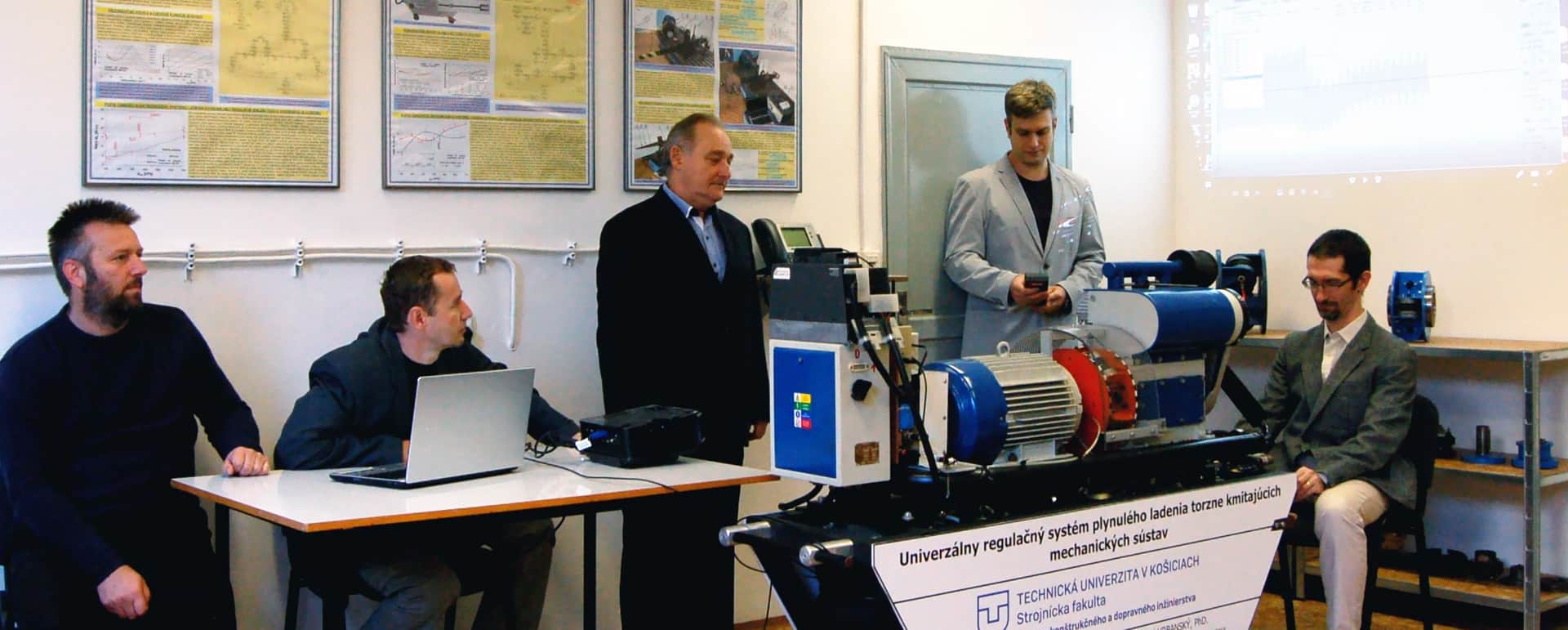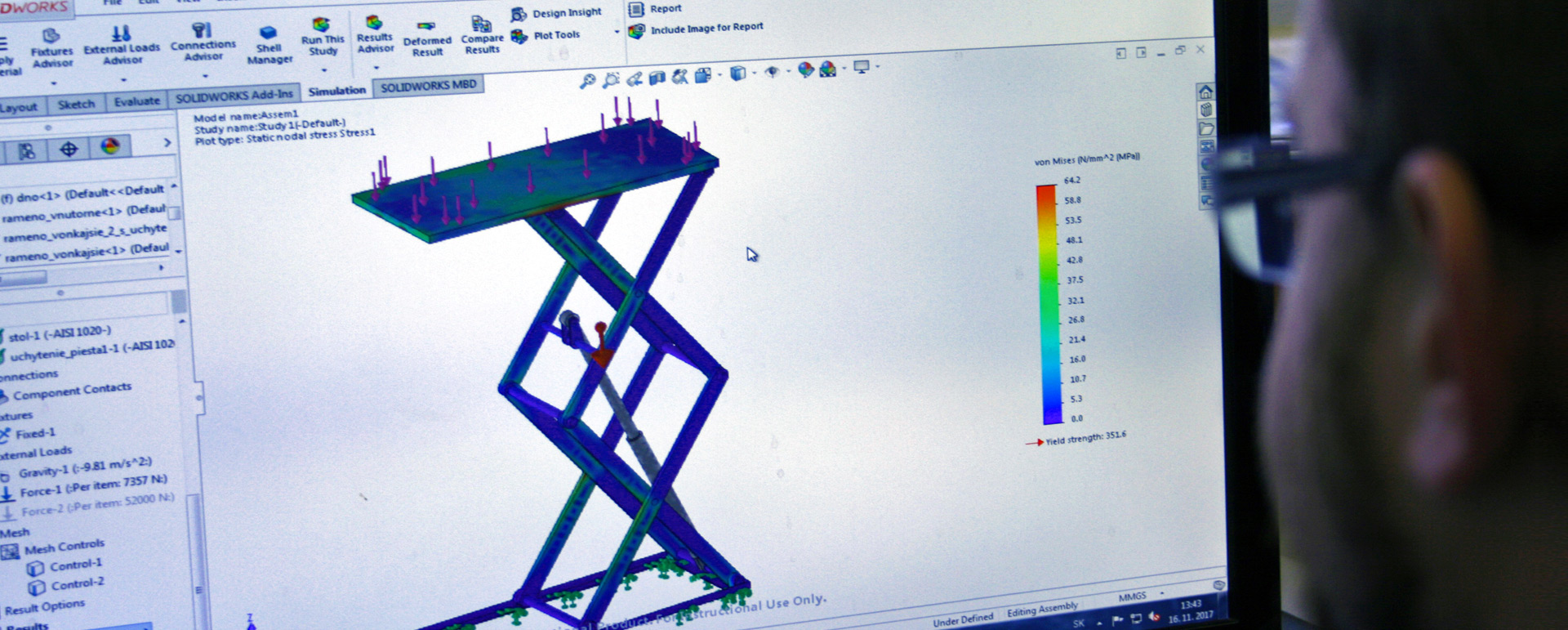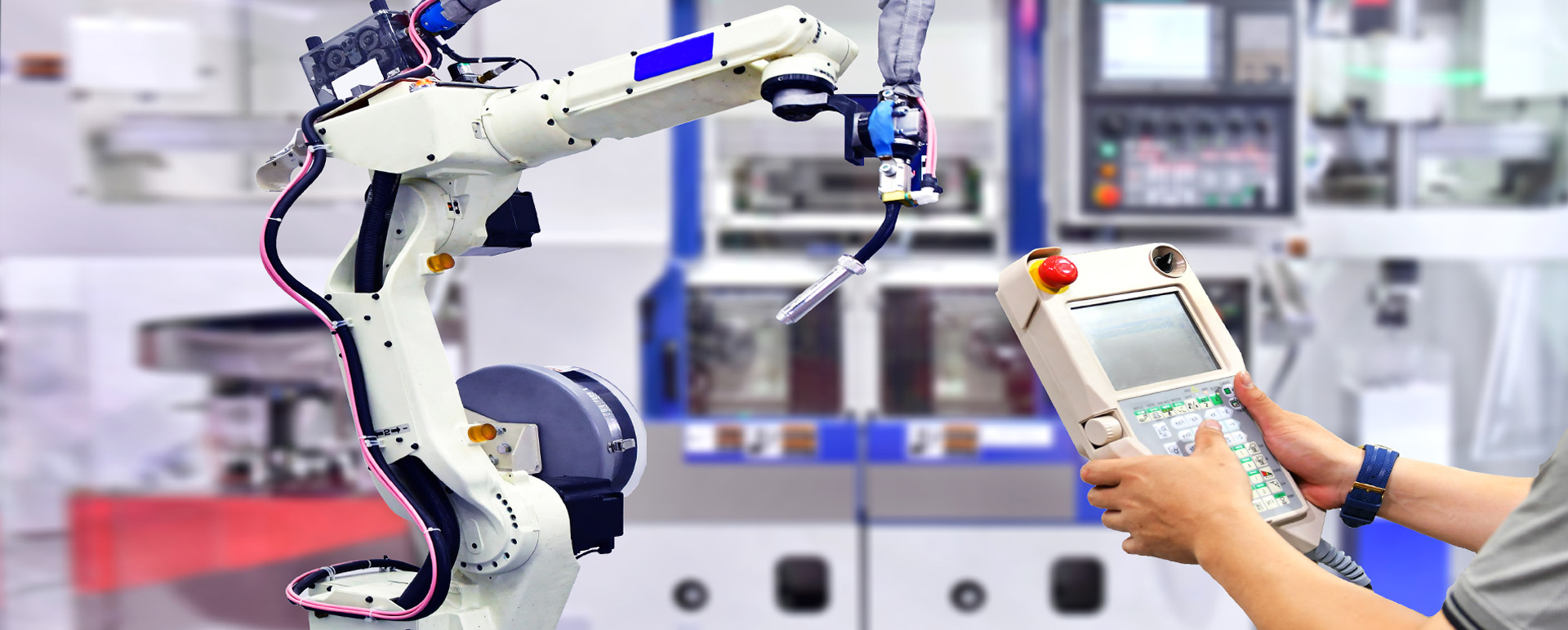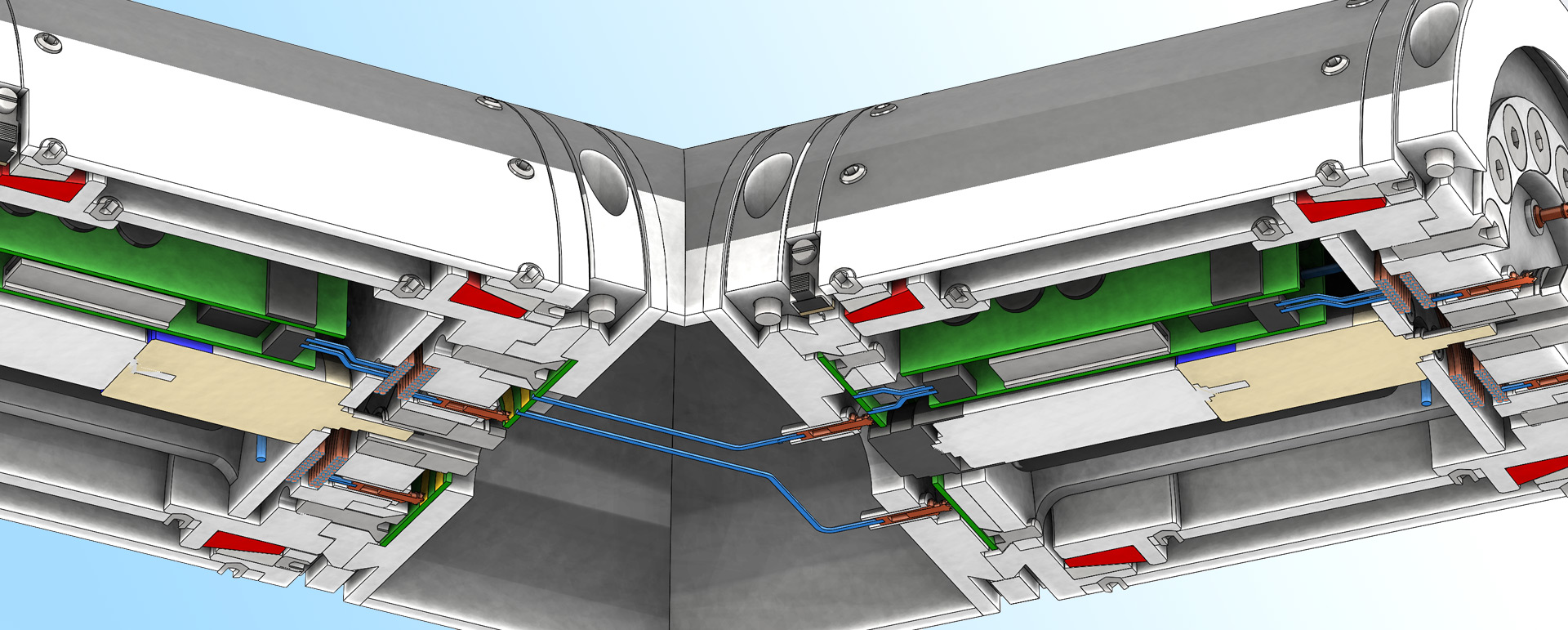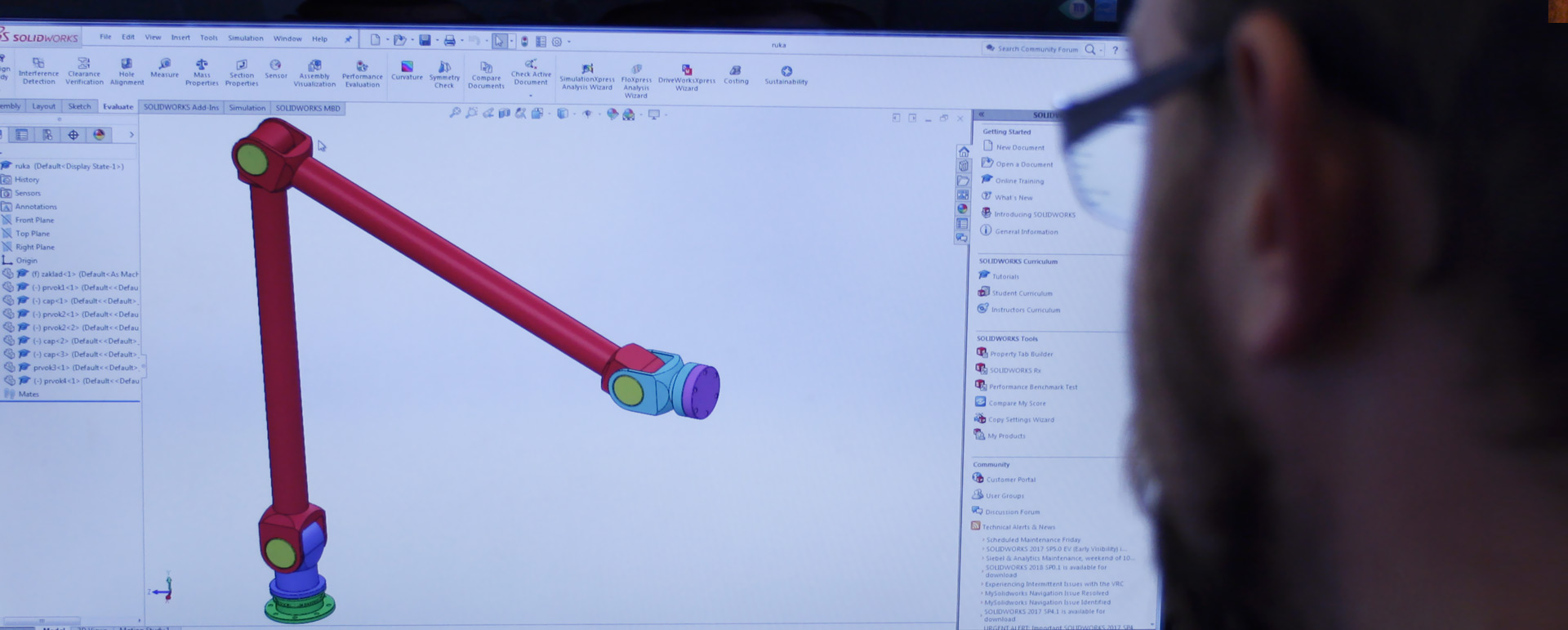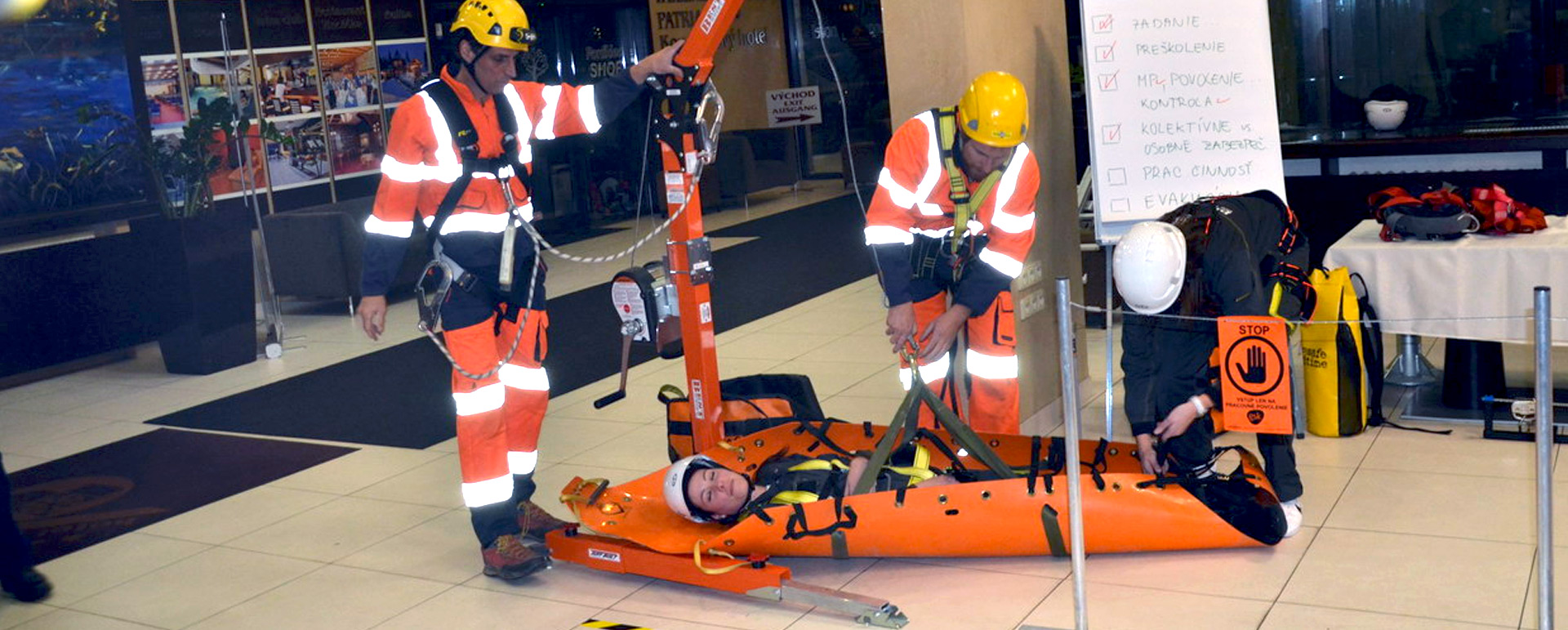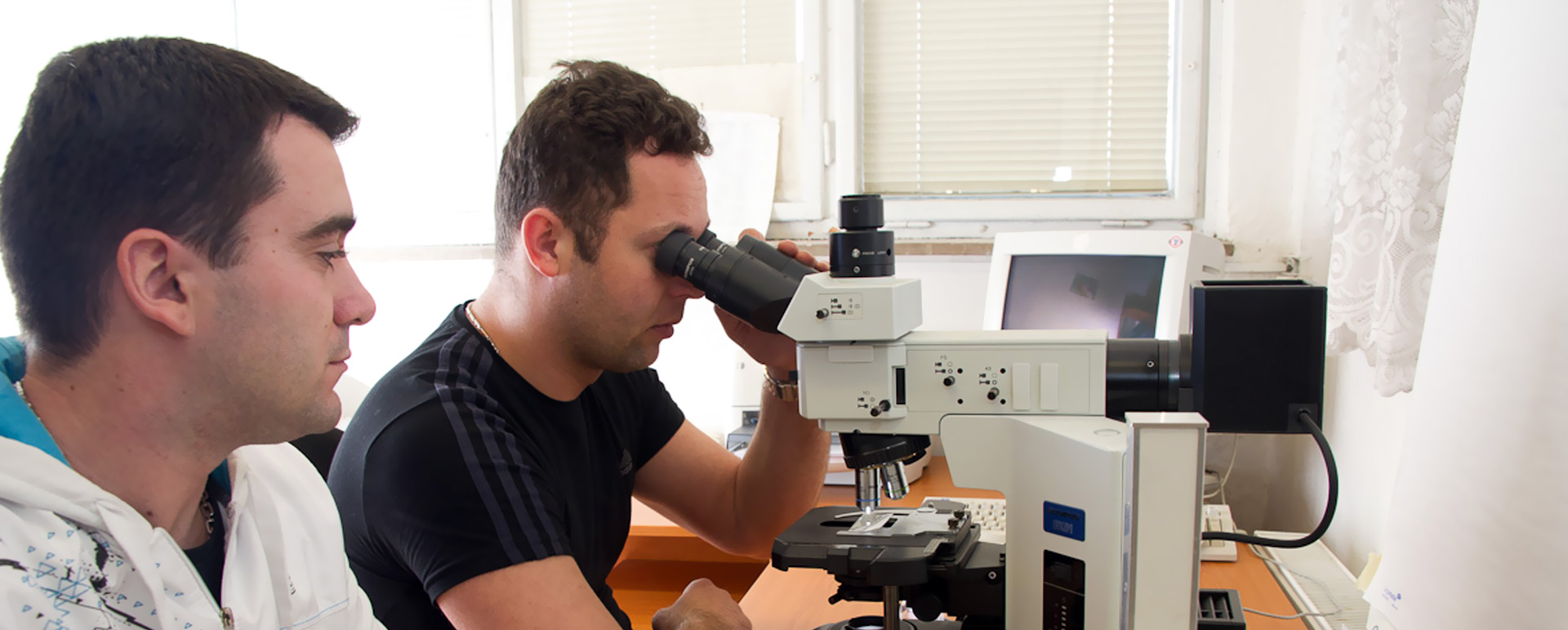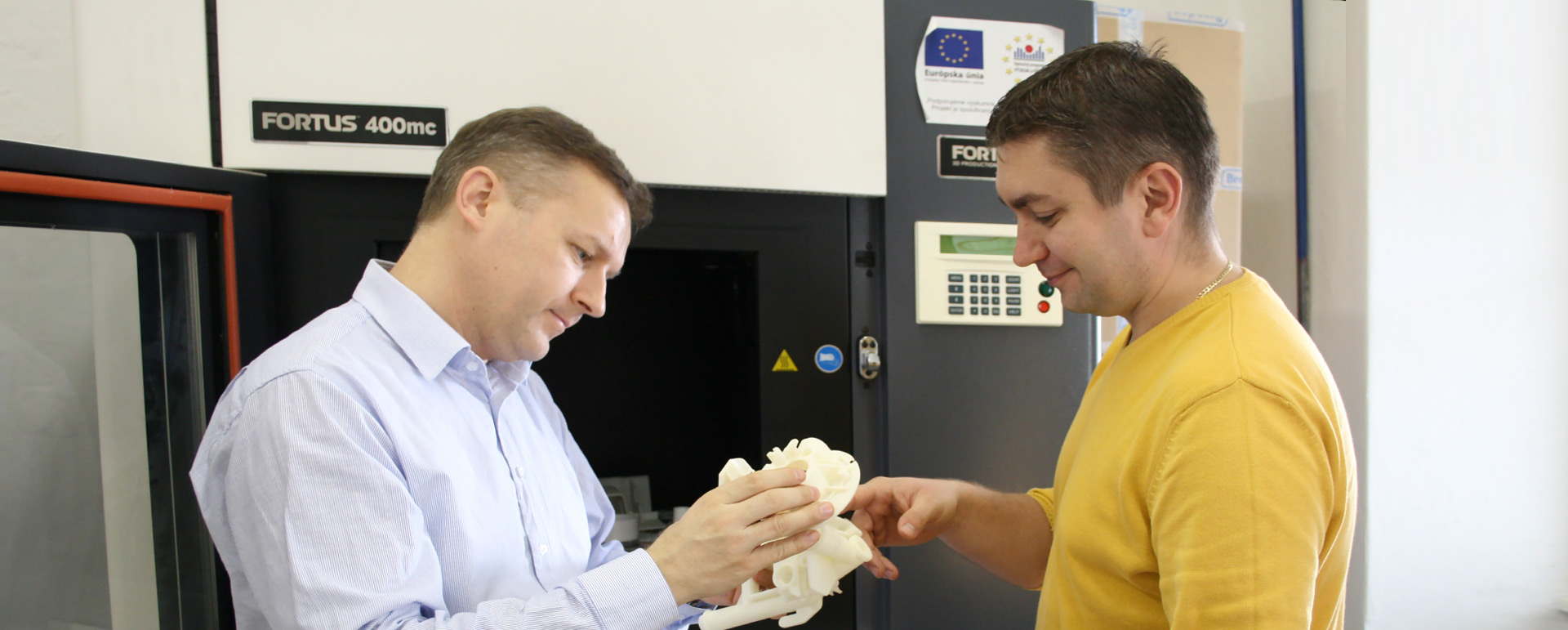The education and training of students attending the study programme Automotive Production is focused on the preparation of experts in creation of new products, design of production processes, management of the production of automobiles and their components. Graduates will gain theoretical, research, professional and practical knowledge about innovative trends in automotive production.
The education and training of students attending the study programme Automotive Production is focused on the preparation of experts in creation of new products, design of production processes, management of the production of automobiles and their components. Graduates will gain theoretical, research, professional and practical knowledge about innovative trends in automotive production.
The study programme Applied Mechanics produces highly qualified experts in the field of technical development and research for all specializations in which computer or experimental methods of mechanics are used.
The study program Biomedical Engineering builds on the knowledge from the master level of the study program Biomedical engineering but also from the bachelor study program Prosthetics and orthotics.
The study programme Biomedical Engineering builds on the knowledge from the first-level study programme of Prosthetics and Orthotics. The education of students is focused on solving problems associated with the functionality and activity of the human body, supplemented by deepening knowledge of 3D modelling and additive production.
The study programme Energy Machines and Equipment is included in the group of programmes focused on the flow of fluids, thermo-mechanics, heat transport, alternative energy sources and construction of energy equipment.
The study programme Business Management and Economics is a direct continuation of several decades existing teaching of economically and managerially oriented study programmes at the Faculty of Mechanical Engineering TUKE.
The study programme Engineering Technologies and Materials deepens and expands theoretical knowledge from technological disciplines in the field of metallurgy, progressive technologies of metal chip / chipless processing, automation of technological processes and the possibilities of their applications in engineering companies.
The study programme is focused on the preparation of experts who are able to systematically and comprehensively solve technological, material, design and organizational tasks in modern engineering production, and have knowledge of engineering informatics and engineering technologies, which they integrate with knowledge of an economic nature, thus enabling graduates to solve problems of production management and operation at all levels.
The study programme Energy Machines and Equipment is included in the group of programmes focused on the flow of fluids, thermo-mechanics, heat transport, alternative energy sources and construction of energy equipment.
Graduates of the study programme Engineering Technologies are, on the basis of the acquired knowledge, able to coordinate engineering production and solve current practical tasks.
The study programme Industrial Engineering at the Doctoral level is intended for applicants who will be able to work independently in the field of design, efficiency improvement and optimization of business processes and systems, as well as in the field of their digitization for the needs of Industry 4.0.
The study programme Business Management and Economics is a direct continuation of several decades existing teaching of economically and managerially oriented study programmes at the Faculty of Mechanical Engineering TUKE.
Mechatronics primarily integrates the knowledge from the fields of mechanics, electronics, informatics and control and makes it possible to improve the properties of existing products but also the development of completely new products. Mechatronics is already well established in almost all industries, such as automotive industry, industrial automation, robotics, consumer electronics, etc.
The study programme Industrial Engineering at the Master level is intended for future engineers who will be able to work independently in the field of conceptual design, efficiency improvement and optimization of business processes and systems, as well as in all areas of digitization of production and non-production processes.
Graduates of the Bachelor study programme Computer Support of Mechanical Engineering will be employed as production technologists, designers of jigs and tools, workers in IT departments of engineering companies and also as specialists for evaluation and testing operations.
Mechatronics primarily integrates the knowledge from the fields of mechanics, electronics, informatics and control. Additionally, it makes it possible to improve the properties of existing products but also the development of completely new products. Mechatronics is already well established in almost all industries, such as automotive industry, industrial automation, robotics, consumer electronics, etc.
The study programme Industrial Engineering at the Bachelor level offers the opportunity to acquire competencies in the cross-sectional scientific field focused primarily on solving project, production, ergonomic and logistics problems of industrial practice and production management in practical and digital form.
The study programme Parts and Mechanisms of Machinery is one of the basic programmes in the field of machine design. Within this field, top experts are trained in the field of numerical and experimental research and development applicable in all other fields of engineering.
The Mechanical Engineering study programme is a balanced combination of technical and natural science subjects focused mainly on design, construction, mechanics, engineering materials, production technologies and production process control, which provides graduates with a wide range of employment in the mechanical, automotive, energy and consumer industries.
Mechatronics primarily integrates the knowledge from the fields of mechanics, electronics, informatics and control. Additionally, it makes it possible to improve the properties of existing products but also the development of completely new products. Mechatronics is already well established in almost all industries, such as automotive industry, industrial automation, robotics, consumer electronics, etc.
The graduates of the RaRT study programme will be employed in scientific research, development and design organizations, where they will be solving the problematic of complex automated and robotic systems. They will be able to design, program and animate robotic devices, as well as design and optimize technologies related to the work of robots.
The graduate of the study programme is ready to work in the field of research, experimental development, intelligent control and automation in the current conditions in accordance with the requirements of Industry 4.0.
The Mechanical Engineering study programme is a balanced combination of technical and natural science subjects focused mainly on design, construction, mechanics, engineering materials, production technologies and production process management, which provides graduates with a wide range of employment in the mechanical, automotive, energy and consumer industries.
The study programme Quality and Safety is primarily focused on solving research tasks aimed at improvement in practice. Qualitative and quantitative methods of risk assessment (e.g. FMEA, HAZOP, ETA, FTA, and RCFA) are the basis for solving problems of process control, machines and technologies, major industrial accidents, business continuity and asset protection.
The study programme Technical System Security offers an extensive knowledge of profiling engineering areas, risk assessment of machines and processes, fire and explosion prevention, crisis management and safety management systems.
The Prosthetics and Orthotics programme offers a comprehensive education, quality study support, knowledge and skills in the field of classical prosthetics and orthotics, utilization of the latest technologies in the field of digitization of measurements, 3D modelling and additive production of prosthetic and orthotic devices.
The study field of Transport Technology and Logistics is widely used in all spheres of the national economy. Material handling is an important and integral part of production processes and service systems.
The study programme focuses on two basic areas of education, namely: "Quality" and "Safety". It also clarifies their interrelationships. During the study in this field, the student will gain knowledge in the field of quality management in mechanical engineering, safety and health at work, fire protection, as well as basic information on maintenance management requirements, technical diagnostics tools and machine safety.
Graduates of the study programme Technology, Management and Innovation of Mechanical Engineering will be employed as technologists in production, designers of jigs and tools, as workers using CAx technologies in production preparation, as test workers, workers in operation and maintenance of machinery at middle levels of production management.
